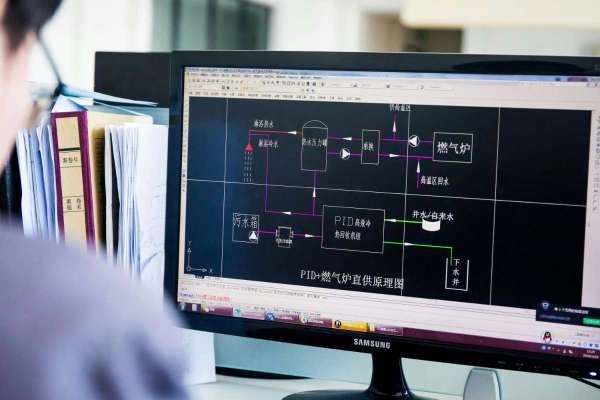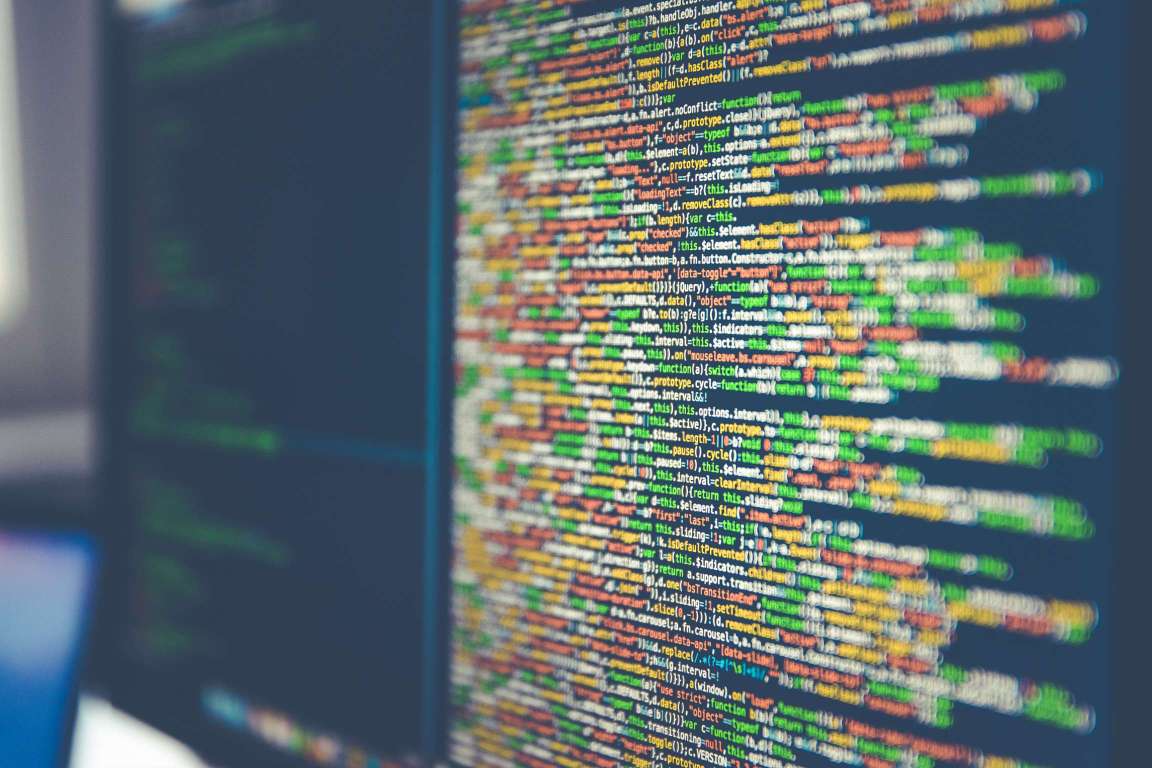Can Blockchain Power a More Democratic Future?
4 min read
12 Sep 2025
Blockchain technology is touted for its potential to foster transparency, trust, and inclusivity in democratic processes.
Transparent Voting Systems

Blockchain can enhance electoral transparency and reduce fraud through secure, immutable voting systems.
Decentralized Governance
Decentralized autonomous organizations (DAOs) and blockchain-based platforms enable direct participation and decision-making.
Data Privacy and Security
Blockchain offers enhanced data security and privacy protections, crucial for safeguarding democratic processes.
Civic Engagement
Blockchain-powered platforms encourage civic engagement by enabling direct interaction between citizens and governments.
Challenges and Considerations
Scalability, regulatory frameworks, and technological literacy are critical factors influencing blockchain's role in democratizing societies.
Future Prospects
As blockchain evolves, its potential to empower individuals and communities in democratic processes continues to expand.
Conclusion
Blockchain holds promise as a tool for enhancing democratic governance, promoting transparency, and fostering inclusive participation.
FAQs
More Articles

Unlock the Power of Business Intelligence (BI) – The Ultimate Guide
6 min read | 06 Aug 2025

Data Lakes vs. Data Warehouses: Which One Do You Really Need?
5 min read | 05 Aug 2025

10 Incredible Benefits of Cloud Storage You Didn't Know About
4 min read | 04 Aug 2025

Revolutionize Your IT Strategy with Cloud Orchestration – Here’s How!
5 min read | 03 Aug 2025
More Articles

Green Tech Innovations: Sustainable Solutions for the Tech Industry
6 min read | 22 Oct 2025

Edge Computing: Decentralizing Data for Faster Access
5 min read | 21 Oct 2025

The Impact of Social Media Algorithms: Benefits and Controversies
3 min read | 20 Oct 2025

Autonomous Vehicles: The Road to a Driverless Future
4 min read | 19 Oct 2025
